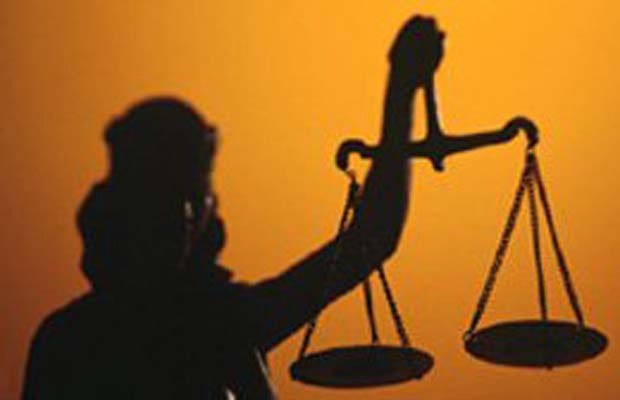A Victoria man has filed a complaint against the Law Society of B.C. alleging its admissions process discriminates against those with mental-health issues — a concern he says the society was told to address years ago.
Malcolm Brown, who is in the final stages of his legal education, said the society “has been stigmatizing mental health from the top down in the legal profession in B.C. for decades and has an absolutely toxic effect on the well-being of law students and lawyers in B.C.”
The 35-year-old, who attended the University of Victoria and Thompson Rivers University, wants to practise business or technology law.
He said he has wrestled with alcoholism, spent months in a rehab centre and managed to get through most of law school with one brief relapse. He has been sober for five years.
But Brown said that when he disclosed his past to prospective employeers — something he did on the advice of a lawyer — offers of articling positions were withdrawn. The practicums are required to finish his legal education.
At issue, he said, are the questions the society asks on the articling admission form under the Law Society Admission Program. They ask about health issues, including substance abuse, as well as past criminal-justice system involvement.
They’re designed to assess a candidate’s fitness and character to become a lawyer — part of the society’s mandate to regulate the profession in the public interest.
Brown, however, asserts the society was told to stop asking such questions eight years ago by the Human Rights Tribunal.
He’s open about his mental-health issues and addiction treatment, as well as an assault charge he says was expunged from his record. Another charge was dropped.
In fact, he said, those experiences with the system influenced his desire to become a lawyer.
“I know that things are not always as they appear, and the legal system doesn’t always work the way it should,” he said. “These are important things that wealthy, conservative-type people never understand.”
Brown said he sought advice from University of British Columbia law professor Henry Wood at the suggestion of Tony Wilson, who teaches law at Simon Fraser University and Thompson Rivers University in Kamloops and who sits on the law society’s board.
Both Wood and Wilson teach ethics. Neither would comment on the case or Brown’s situation for this article.
“Tony put a big emphasis on the importance of full disclosure during the law society credentials process and went to great lengths to explain how we students needed to disclose any criminal charges or health issues we may have,” Brown said.
“He announced in class that if anyone thought they needed to answer these questions affirmatively, that they should talk to him personally after class.”
Brown said he took Wilson’s advice, then talked to Wood.
“Henry spent pretty much all his time telling me that it was absolutely crucial for me to tell law firms this information up front,” he said.
So he did. And, he said, job offers were then withdrawn, one at the firm of Lindsay LLP. The other was at the Victoria firm of Velletta & Company. Neither Lindsay LLP nor Velletta & Company responded to requests for comment.
Brown provided Glacier Media both his complaint to the Human Rights Tribunal and the Sept. 12 response from the law society filed by Vancouver lawyer Patricia Gallivan, but none of the parties would confirm the contents.
The tribunal said privacy rules prevented it from disclosing records, but Vinnie Yue, spokesperson for the law society, confirmed that it had filed a response. However, Yue said, it would be “inappropriate to comment further, as the matter is before the tribunal.”
Brown said the tribunal told the society in 2011 to stop asking for similar information on articling documents. Such orders have the same force as those from the B.C. Supreme Court.
The order was the result of a complaint from Peter Mokua Gichuru about a law society articling question: “Have you ever been treated for schizophrenia, paranoia or a mood disorder described as a major affective illness, bipolar mood disorder or manic depressive illness?”
Gichuru, who has a history of depression, argued the question was discriminatory and was interfering with his ability to secure an articling position.
“The law society then asked a lot of intrusive and irrelevant questions about his mental health to see if he was ‘fit’ to become a lawyer,” according to a tribunal summary of the case.
“Gichuru was in a very vulnerable position with the law society. He was at the very start of his legal career. Decisions of the law society can have a significant effect on a lawyer. There was a power imbalance.”
The tribunal found the society intruded on Gichuru’s personal and medical autonomy with long-lasting discrimination.
“Mr. Gichuru felt anxiety each time he had to have contact with the law society, both before and after he became a lawyer,” the summary said.
As a result, the law society changed its question to be less intrusive.
No hearing dates for Brown’s case have been set.
— With a file from the Times Colonist



